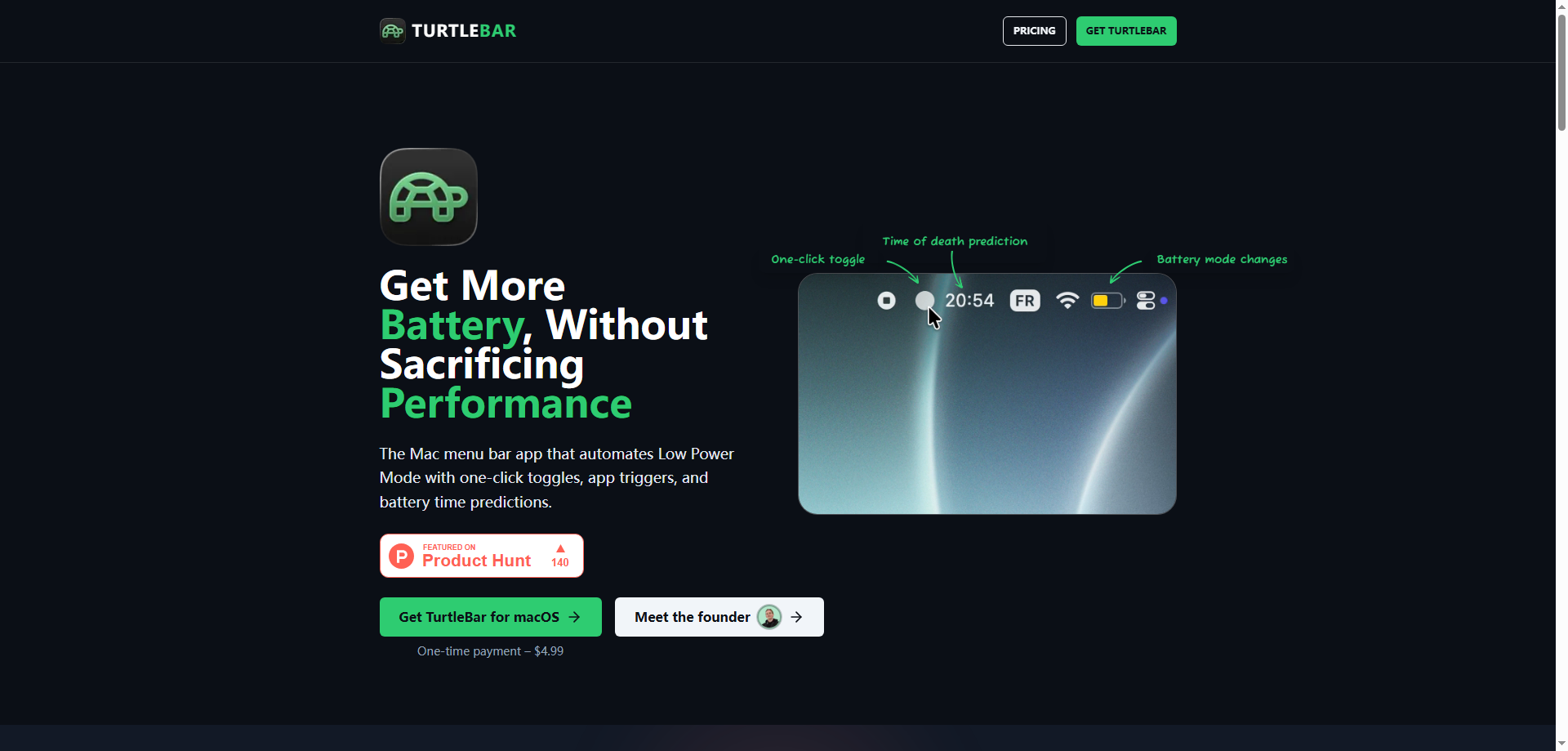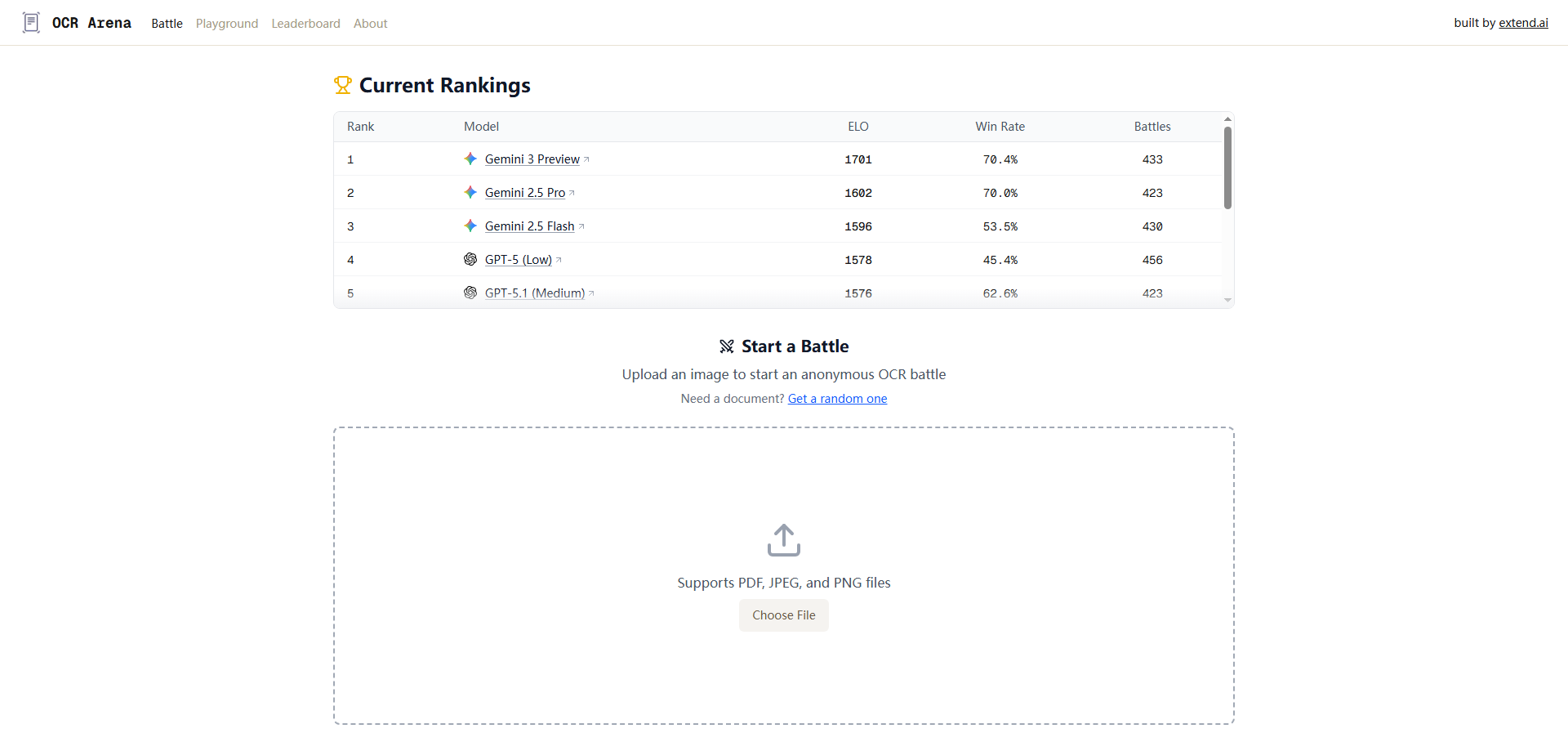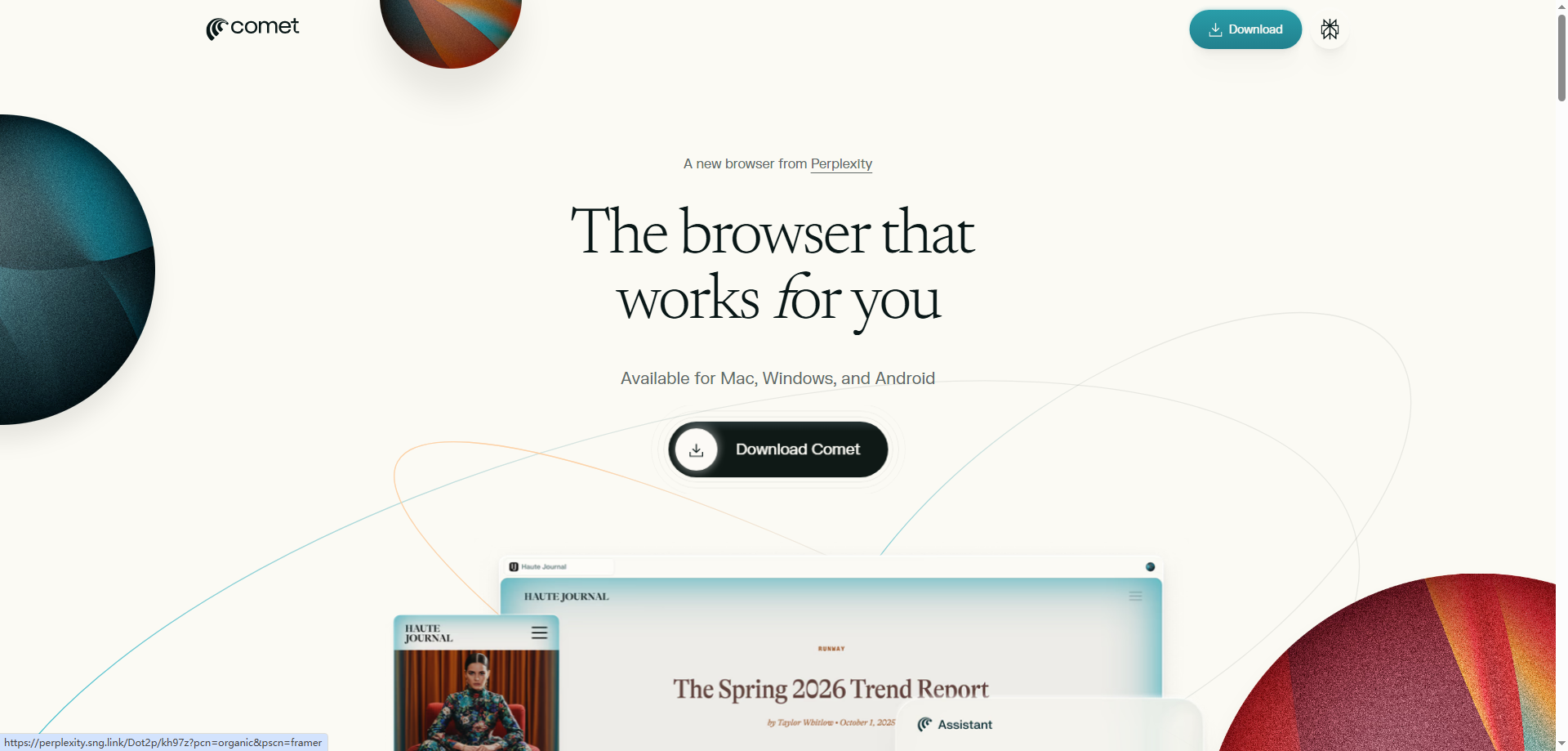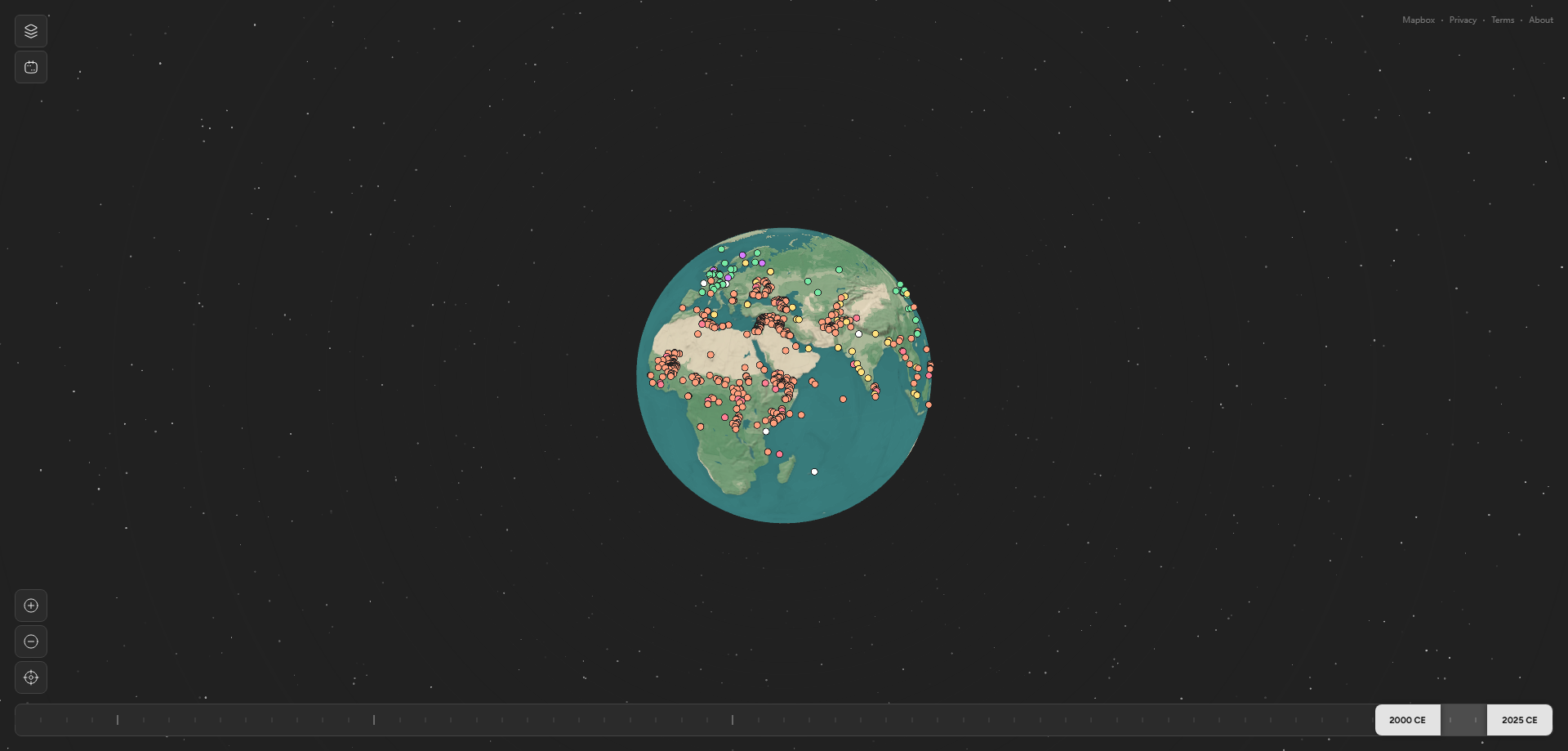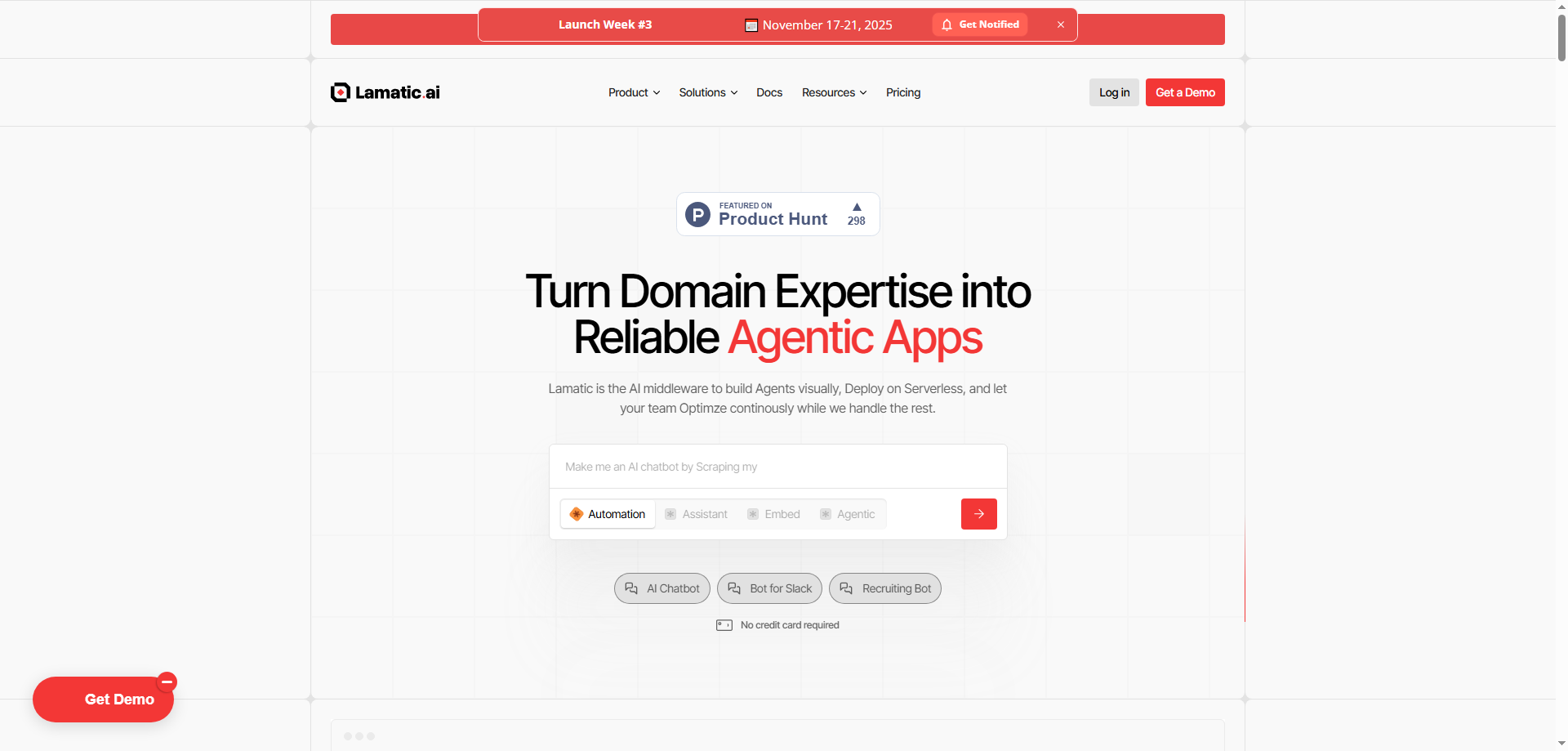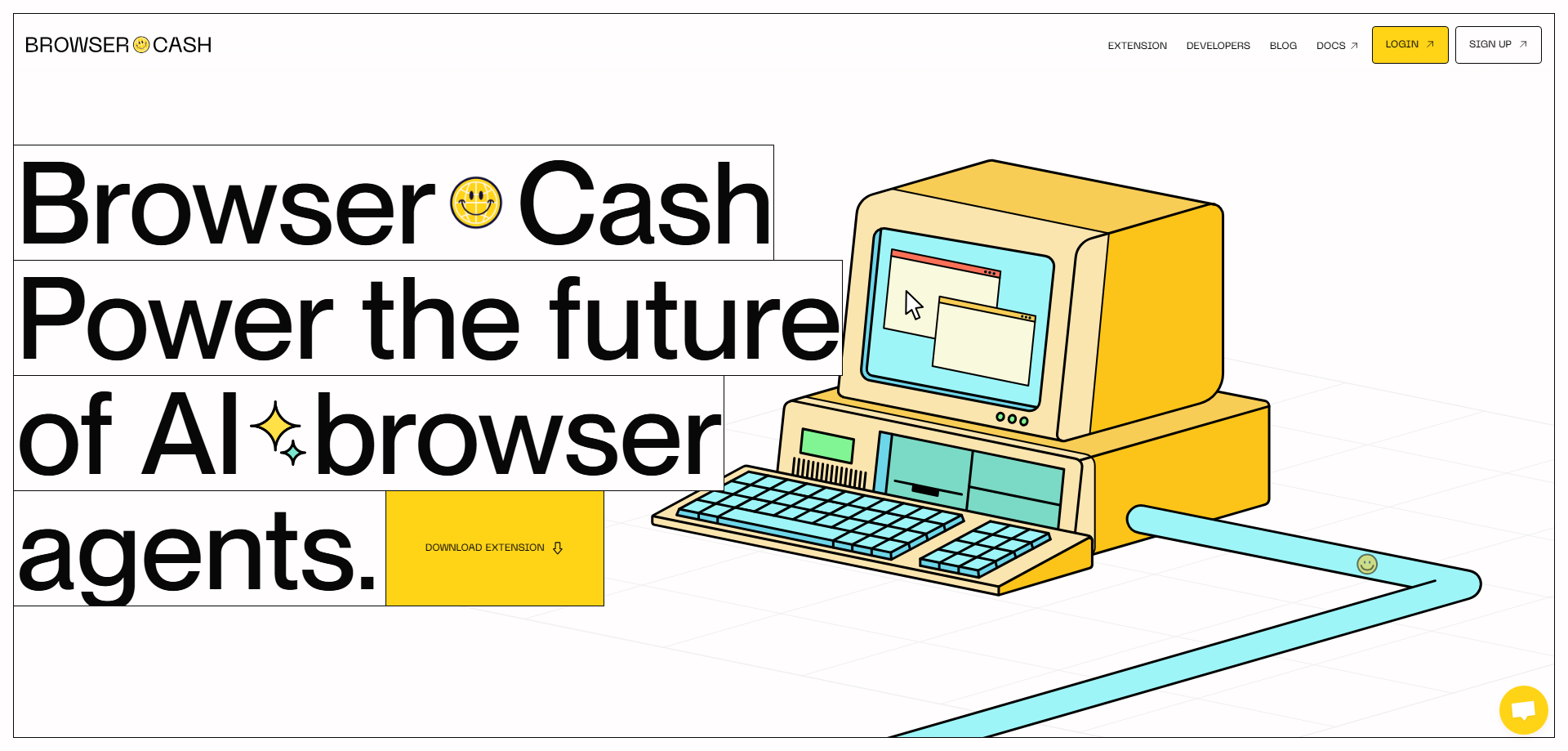1. Creative Vision: The Art of Human-like AI Voice-over
When it comes to creating content that resonates globally, one of the most significant challenges is localizing audio without losing authenticity. Enter Algebras—a game-changing AI-driven video localization tool that goes beyond simple translation. This product takes dubbing to the next level by making the voice-over sound so natural and human-like that viewers won’t even notice it’s AI-generated.
Algebras uses advanced AI algorithms to carefully sync the voice with the lip movements, tone, and emotion of the original video, ensuring it’s not just a direct translation but an adaptation that feels native. You’ll experience that "wow" moment when you hear your content in a new language, and it still sounds like it was made for that culture. Whether it’s an educational video, a product review, or a global marketing campaign, Algebras ensures that every nuance and inflection is perfectly preserved.
The real creative magic happens with how Algebras tailors its voice to different cultures, adjusting language and tone to suit the region. For example, a French version of a video will not only speak French but will carry that smooth, expressive cadence that’s so familiar to French audiences. This attention to detail makes Algebras feel like an artist is behind every voice-over, not a robot.
2. Disrupting the Traditional Voice-over Industry: Can Algebras Replace Human Dubbing?
It’s hard to deny that Algebras is a bold step toward disrupting the voice-over industry. The days of relying on expensive voice actors or waiting weeks for a proper localization are over. Instead of hiring multiple professionals for every language, you can upload your video, pick the desired language, and have it dubbed by AI with the right lip-syncing and emotions in a matter of minutes.
But can it replace human dubbing altogether? Let’s consider both sides. Traditional voice actors bring a unique human touch, especially when a certain tone or nuance is required. AI can’t yet capture the full range of human creativity or the spontaneity of a live performance. Still, for most content creators who need fast and efficient localization, AI voice-over tools like Algebras are more than capable. Especially when it comes to scaling content production, Algebras offers a way to localize videos for global audiences without the usual delays or budget constraints.
The biggest disruption here is cost and speed. Algebras allows companies to cut down on the need for human labor, making it an attractive option for businesses that want to create multilingual content quickly, especially in industries like e-commerce, gaming, and education. Although it’s unlikely to fully replace high-end voice actors for certain projects, for many creators, this tool provides a powerful alternative that saves both time and money.
3. Addressing a Real Need: User Adoption and Demand
Now, let’s talk about whether Algebras meets a genuine demand. The world is more connected than ever, and businesses and content creators need to reach global audiences. Translation tools and subtitles only go so far in engaging international viewers—what they really want is content that speaks their language in a natural, relatable way. That’s where Algebras comes in. By offering voice-overs in 32 languages, it addresses a crucial need for high-quality, culturally adapted video localization that goes beyond basic translation.
The demand for such tools has never been higher. With more and more content being shared across borders—whether it’s a YouTube tutorial, a marketing video, or an educational course—there’s a pressing need for scalable solutions. Content creators, especially in niche industries like tech, gaming, and e-commerce, are looking for ways to quickly translate and dub videos into multiple languages without sacrificing quality or breaking the bank.
Adoption is likely to be high, especially among smaller companies and individual creators who previously couldn’t afford professional voice actors or didn’t have the resources to handle localization in-house. Algebras provides them with a cost-effective and fast solution. That said, larger companies with established voice-over departments may continue to rely on traditional methods for more complex projects, but for quick, mass-market localization, Algebras is a game-changer.
4. Scoring Algebras: Will It Thrive in the Next Year?
Rating: 4/5 stars
Looking at the trajectory of Algebras, there’s a lot of potential for this product to thrive in the next year, but not without some challenges. Let's break it down:
Opportunities:
- Global Reach: Algebras is perfectly positioned to cater to the growing demand for international content. Its ability to quickly localize videos into multiple languages, while maintaining authenticity, will make it indispensable for creators looking to engage with global audiences.
- Scalability: The API feature is a huge selling point for businesses that need to localize large volumes of content. This could attract big enterprises in industries like education, gaming, and e-commerce.
- Cost-Efficiency: The ability to save on voice-over costs while maintaining quality is a significant advantage, especially for smaller creators and startups with limited budgets.
Risks:
- Competition: As AI localization tools become more popular, Algebras will face competition from other companies offering similar services. It’s important that Algebras continues to innovate and improve its technology to stay ahead.
- AI Limitations: While the voice synthesis is impressive, AI still struggles with some of the subtleties of human speech, especially in complex emotional tones or culturally-specific contexts. This could limit its appeal for high-stakes content like films or branded storytelling.
- User Trust: Some users may still hesitate to embrace AI voice-over as a complete replacement for human actors, especially for sensitive or high-profile content. Overcoming this reluctance will be key to expanding its market share.
In summary, while Algebras has enormous potential, it will need to continue refining its technology and expand its customer base to remain competitive. Assuming they continue to innovate and address the current limitations, I’m confident that Algebras will thrive, with the potential to become a standard tool for video localization within the next year. That said, it’ll need to keep improving its emotional depth and cultural sensitivity to match the versatility of human voice actors in all contexts.



